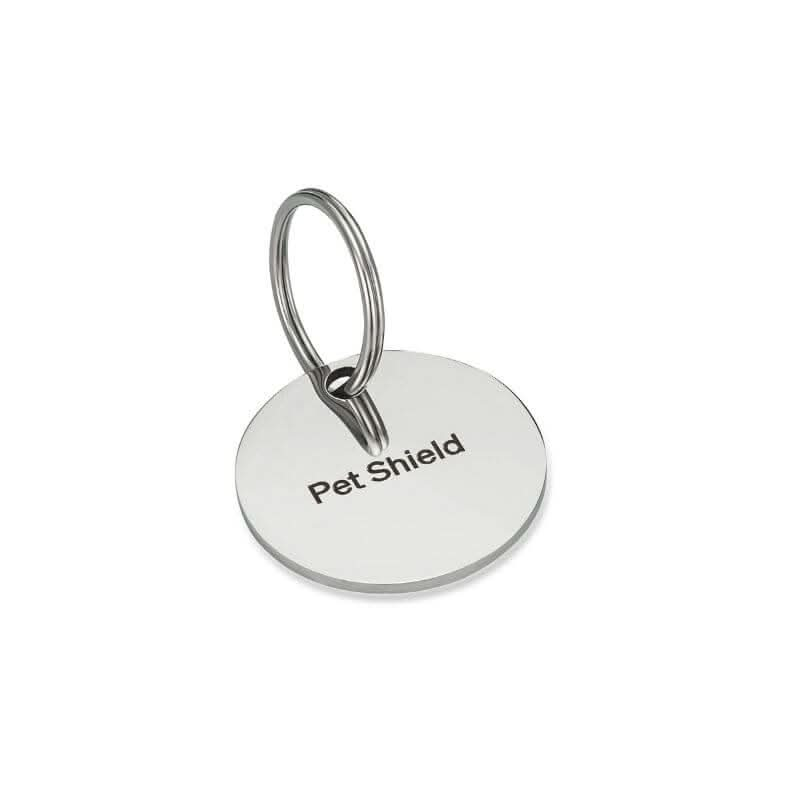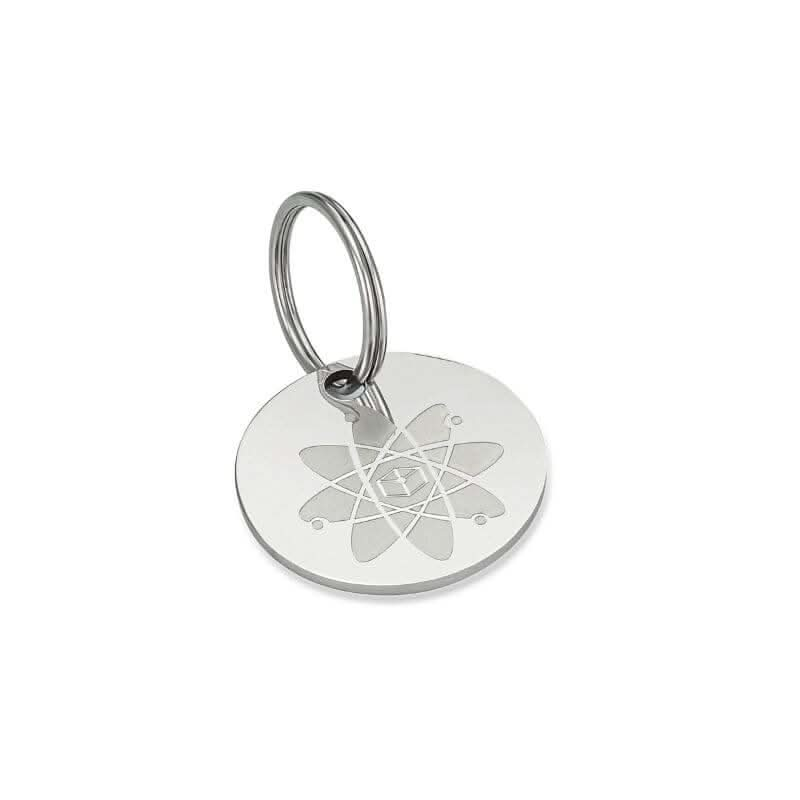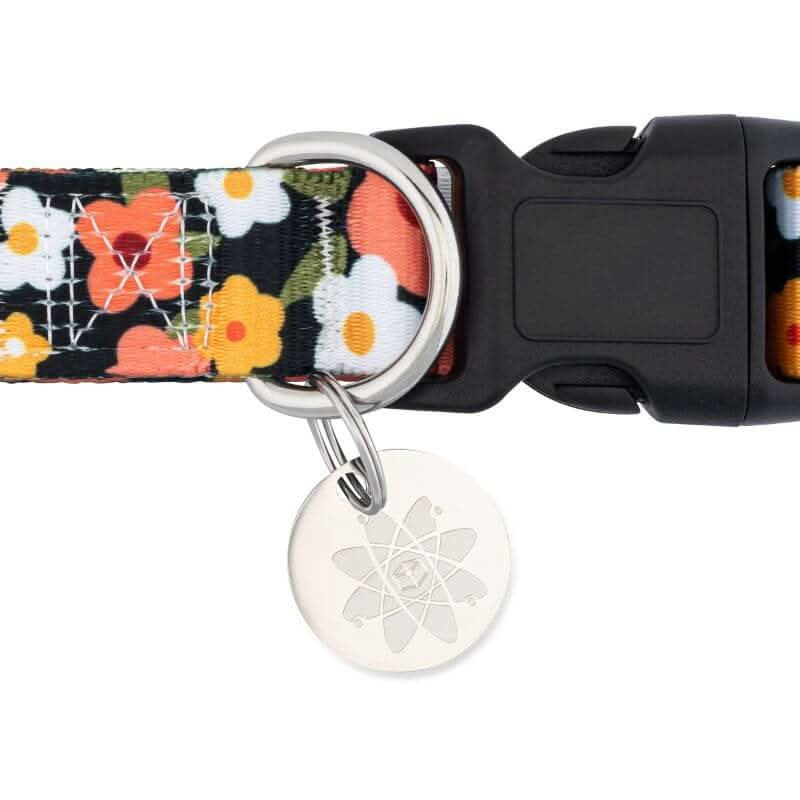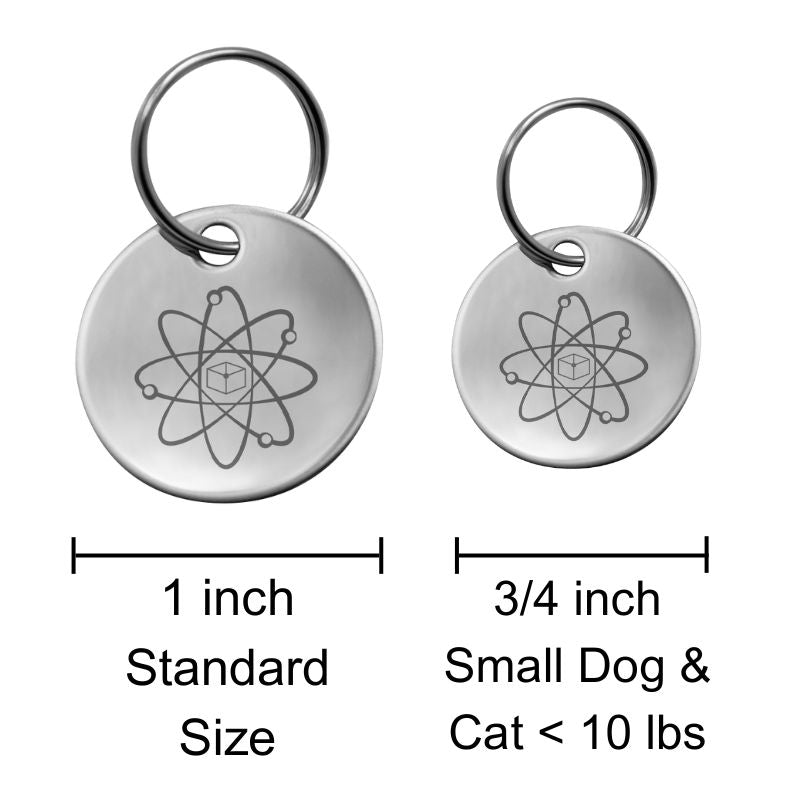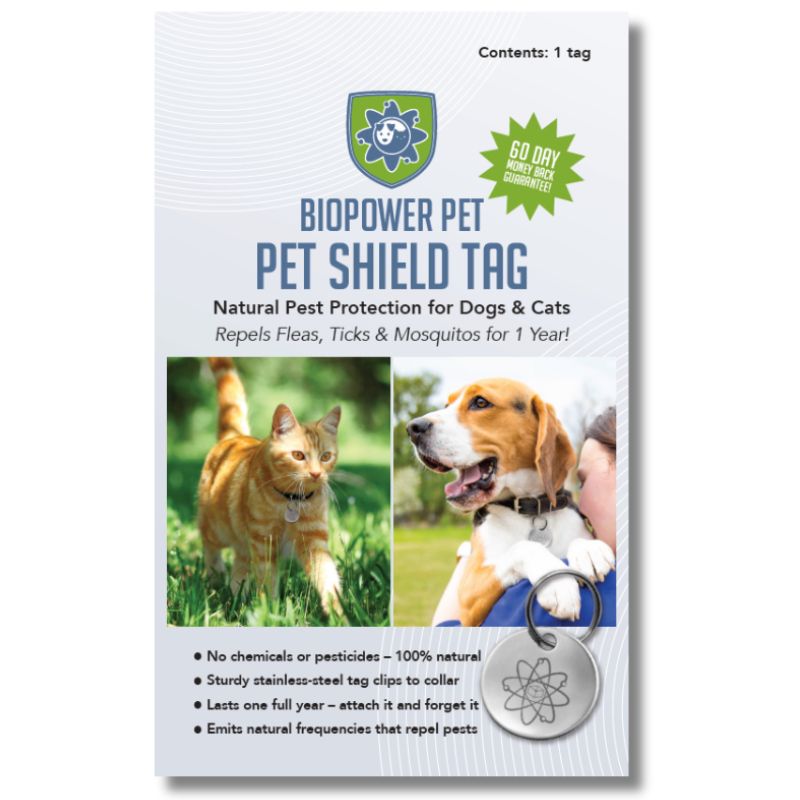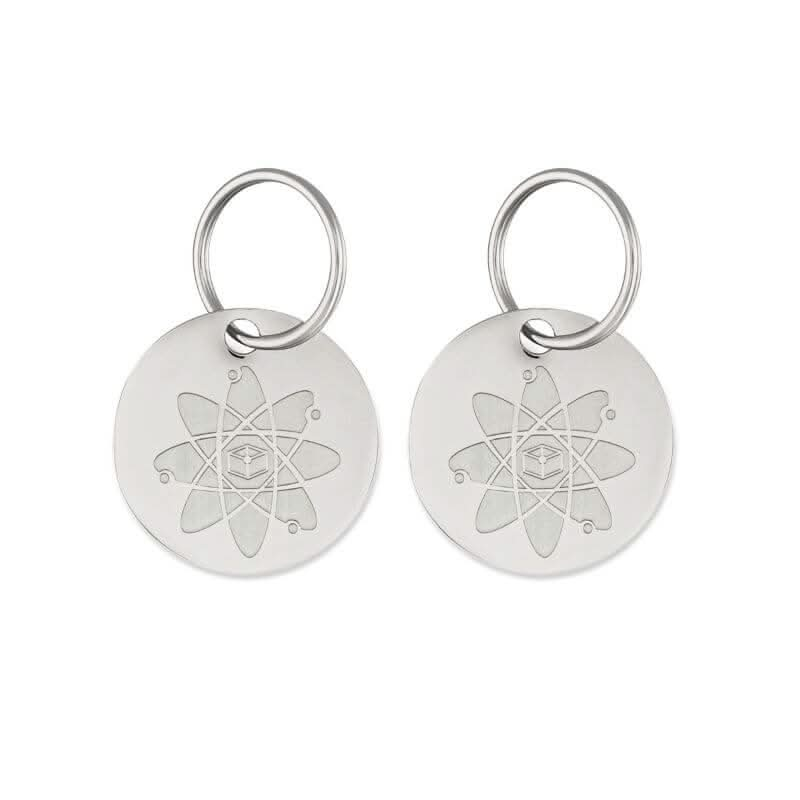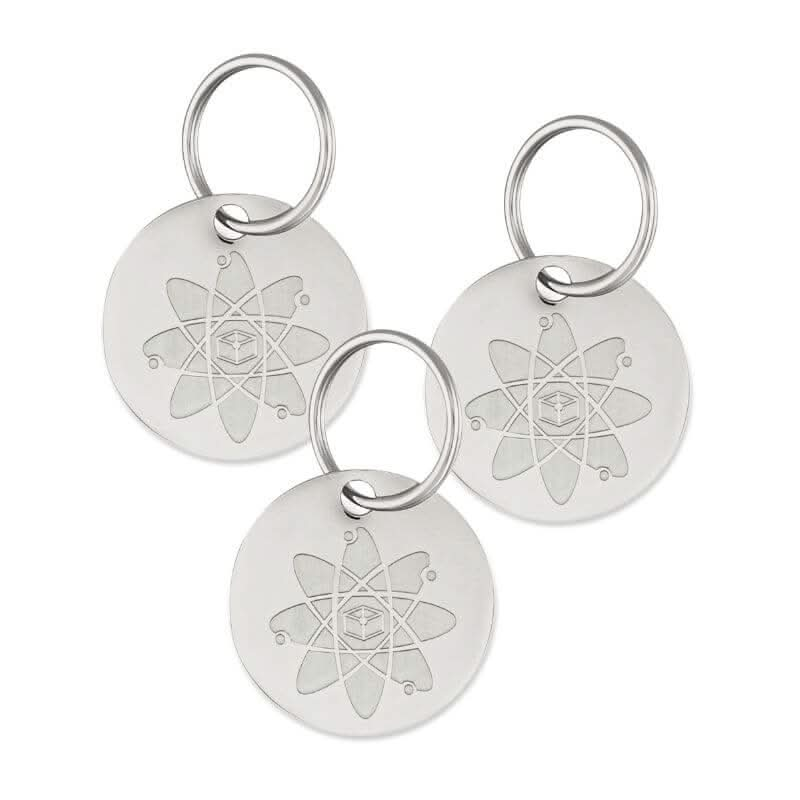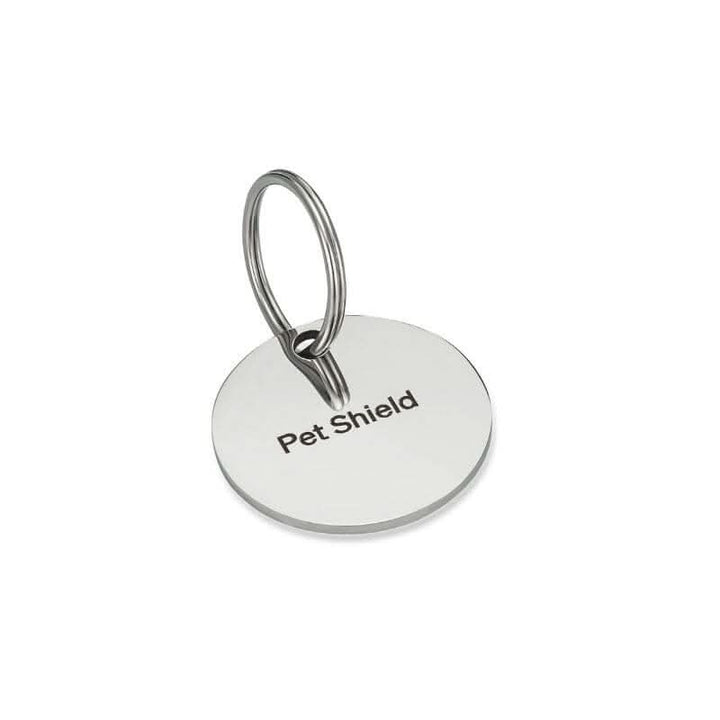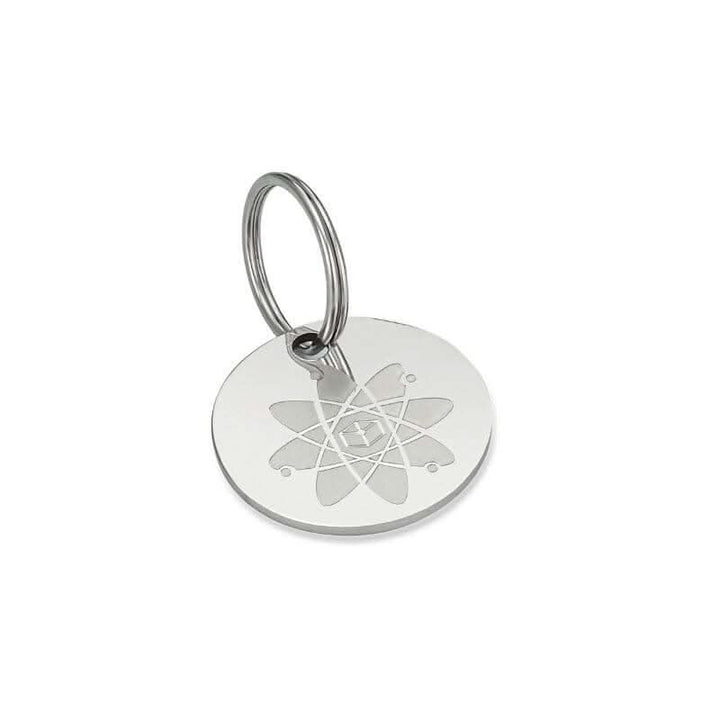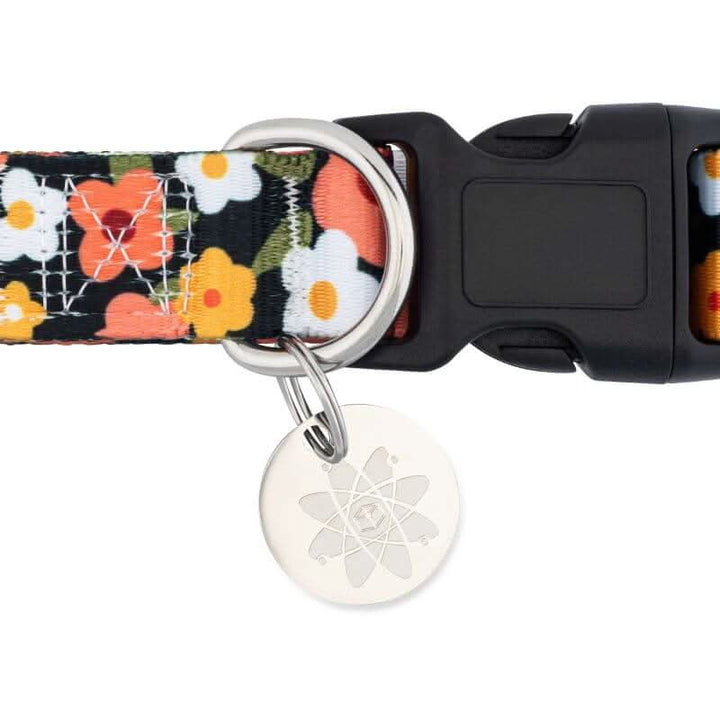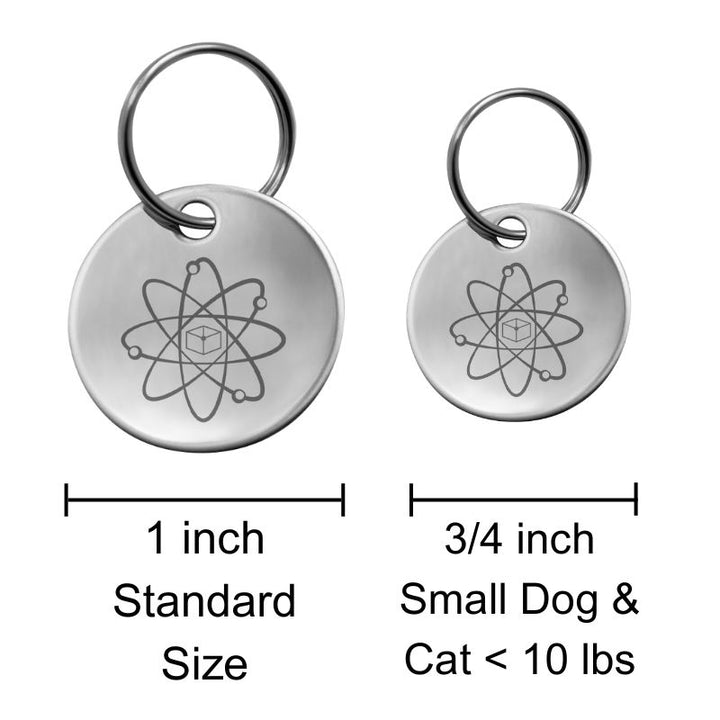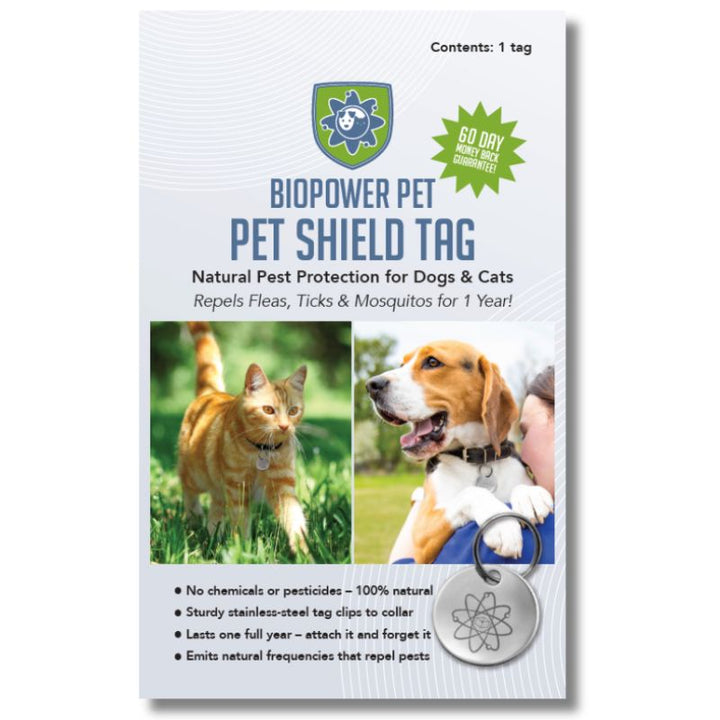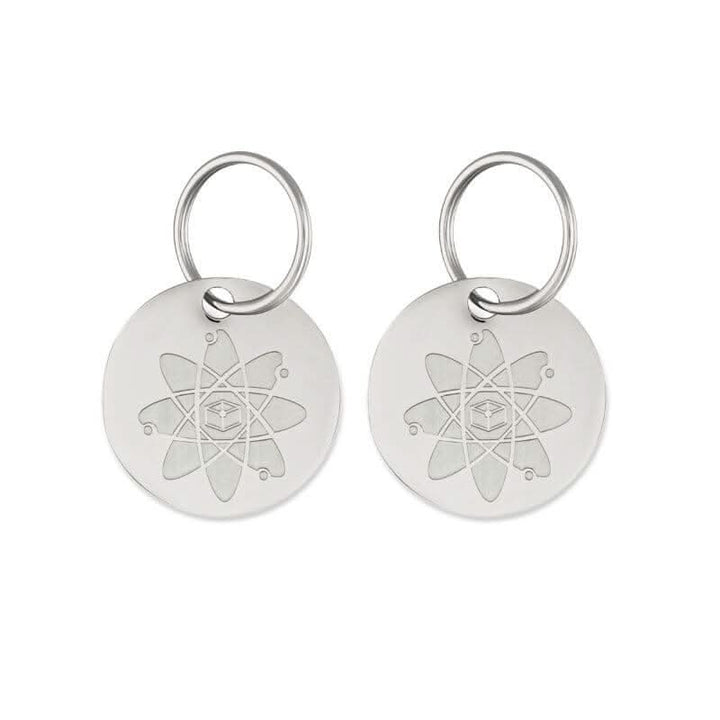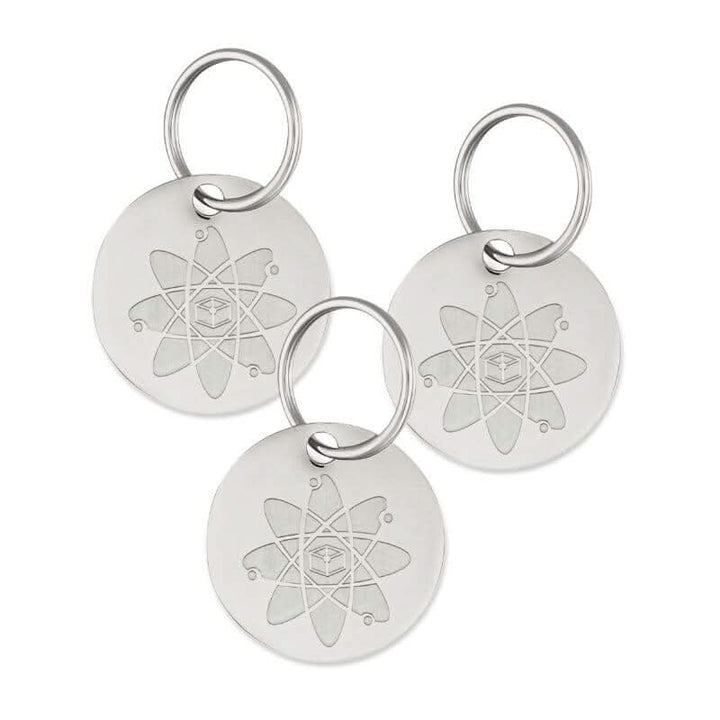Mosquito Repellent For Dogs
Warm nights and summer walks should bring joy, not endless itching and pest stress. But rising temperatures mean rising mosquito activity, and with it, the threat of bites that carry serious risks like heartworm disease. For dogs, prevention isn’t optional; it’s essential.
What Is A Mosquito Repellent For Dogs?
A mosquito repellent for dogs is any solution, product, or practice designed to help keep these biting insects away from your canine companion. Unlike treatments that address existing bites or infestations, a repellent’s chief focus is on prevention, creating a protective barrier that discourages mosquitoes from landing on or biting your pet in the first place.
Traditional mosquito repellents often rely on synthetic chemicals, such as permethrin or DEET. While effective, these substances can come with health considerations for dogs, particularly those with sensitive skin or underlying health conditions. Natural and science-based alternatives have become increasingly popular for pet owners looking to steer clear of these chemicals.
The Dangers Of Mosquito Bites On Dogs
Mosquitoes are more than just a seasonal nuisance; they pose real risks to canine health. Understanding these dangers is key to making informed decisions about how to keep your dog safe during warmer months.
Disease Transmission
Mosquitoes can carry and transmit a range of diseases that impact dogs, the most notable being heartworm disease. When a mosquito bites an infected animal and then bites your dog, it can introduce microscopic heartworm larvae under the skin. Over time, these pests can travel to the heart and lungs, causing severe, sometimes fatal damage unless treated.
Allergic Reactions And Skin Irritation
Just as in people, mosquito bites can cause localized reactions in dogs. Some pups may experience itching, redness, swelling, or even secondary infections from excessive scratching and biting at affected areas. In rare cases, dogs can develop more serious allergic responses that require veterinary attention.
Increased Vulnerability In Sensitive Dogs
Certain groups, such as puppies, senior dogs, or those with compromised immune systems, are especially vulnerable to the effects of mosquito bites and the diseases they can transmit. These pets may struggle more with recovery and are at higher risk for complications.
Openings For Other Parasites And Infections
Broken skin from mosquito bites can become an entry point for bacteria or other parasites, especially if your dog scratches the area excessively. This increases the risk of secondary infections requiring antibiotics or medical treatment.
Disrupted Sleep And Behavior
Constant itching can interfere with your dog’s rest, affect their mood, and lead to anxiety or aggression. You might notice excessive licking, pacing, or whining, behaviors linked to discomfort and restlessness caused by persistent bites.
Why Chemical Repellents May Not Be The Best Choice
Many pet owners instinctively reach for conventional chemical solutions when it comes to mosquito repellent for dogs. However, while these products are widely available, they have several concerns that make them less than ideal for long-term use.
Potential Health Risks
Chemical repellents often include ingredients such as DEET or permethrin, substances known to cause skin irritation, allergic reactions, and, in some cases, toxicity when ingested or improperly applied. Dogs groom themselves with their mouths, increasing the risk of accidental ingestion. In sensitive animals or those with underlying health conditions, chemical exposure may trigger troubling side effects.
Environmental And Household Impact
Residue from chemical repellents can linger on fur, bedding, and in the areas where your dog spends time. This means your entire household, including children and other pets, could be exposed unintentionally. These substances also wash off during baths or outdoor play, risking contamination of water sources and adding to the environmental burden.
Pest Resistance Concerns
Repeated use of chemical repellents can contribute to the development of pest resistance. Over time, this can render traditional solutions less effective, forcing pet owners to seek higher concentrations or alternative chemicals, potentially compounding the original risks.
Disruption To Your Dog’s Natural Defenses
Chemical treatments can disrupt your pet’s microbiome and skin barrier, making them more vulnerable to irritation, dryness, or even secondary infections. What starts as prevention may end in a new set of health issues.
Limited Compatibility With Sensitive Pets
Harsh repellents may do more harm than good for dogs with sensitive skin, allergies, or autoimmune conditions. Symptoms like hair loss, excessive scratching, or behavioral changes are uncommon and often dismissed until they become chronic.
Natural Mosquito Repellent For Dogs
When it comes to safeguarding your dog's health, choosing an effective mosquito repellent doesn't have to mean exposing them to harsh chemicals. Modern science increasingly supports natural, holistic approaches to pest prevention that deliver peace of mind without sacrificing efficacy or safety.
The Science Behind Natural Mosquito Repellents
Natural repellents work by creating an environment that is unattractive or inhospitable to mosquitoes. These solutions often harness the power of essential oils or bioenergetic technology, which influence how mosquitoes perceive and interact with your dog's scent or presence. Unlike chemical pesticides, natural alternatives work with your dog's biology, not against it.
Common Ingredients In Natural Repellents
Many naturally derived repellents rely on citronella, spring water, and other plant-based oils. Citronella, for example, disrupts the mosquito's ability to locate its target, forming a gentle but effective shield. When these ingredients are carefully formulated, they provide a safer option for dogs with sensitive skin or those prone to allergies.
Advantages Of Holistic Mosquito Repellents
Opting for a natural mosquito repellent has multiple benefits. Since these formulas are free from toxic chemicals and poisons, there is a reduced risk of adverse reactions. They are ideal for daily use, especially in households prioritizing holistic wellness. With the support of science-backed innovations, pet owners can proactively prevent mosquito bites without worry.

How Our Tag Compares To Conventional Flea & Tick Products
When choosing mosquito repellent for dogs, understanding the difference between conventional chemical treatments and natural, bioenergetic solutions is key. At BioPower Pet, we’re committed to safe, adequate protection that respects your pet’s health and your home’s environment.
Chemical-Free Vs. Chemical-Based Ingredients
Most traditional flea and mosquito products contain synthetic pesticides like permethrin or fipronil, which penetrate your dog’s system and may cause irritation, neurological symptoms, or long-term side effects. In contrast, our stainless steel bioresonance tags work by emitting harmless energetic frequencies, no chemicals, no residue, and no risk to your pet or household.
Long-Lasting, Low-Maintenance Defense
Forget the constant cycle of monthly spot-on treatments or spray reapplication. BioPower Pet’s wearable tags offer up to 12 months of protection with a single attachment. It’s a “set it and forget it” solution for busy pet parents who want reliable coverage without the mess or scheduling stress.
Gentle On Pets, Friendly To Ecosystems
Chemical repellents often harm more than pests, disrupting your dog’s skin microbiome and impacting beneficial insects or wildlife. Our holistic approach prioritizes balance, repelling fleas, ticks, and mosquitoes without compromising your dog’s natural defenses or the environment.
Peace Of Mind Without Side Effects
Some pets simply don’t tolerate traditional repellents well. Skin sensitivities, allergic reactions, and behavior changes are common complaints. BioPower Pet's bioenergetic technology avoids all harsh compounds, offering pet parents a safer, scientifically backed way to protect their dogs, without second-guessing ingredients.
When To Add Spray-Based Flea Treatment For Extra Support
While bioenergetic tags provide an ongoing shield against fleas, ticks, and mosquitoes, there are times when an added layer of defense is not only helpful, but also critical for optimal protection. Here’s when supplementing with a natural, spray-based repellent becomes especially important:
Sudden Outdoor Exposure
If your dog is about to venture into areas with tall grass, wooded trails, or stagnant water, environments where mosquitoes thrive, a topical flea and tick spray can offer fast, targeted coverage. Applying a natural mosquito repellent before walks or hikes helps build a stronger deterrent barrier against biting pests.
High Infestation Periods
During peak mosquito or flea seasons, typically late spring through early fall, populations can surge unexpectedly. Adding a flea spray for dogs gives you the flexibility to respond quickly to changing conditions, reinforcing your pet’s protection during periods of increased pest activity.
After Water Activities Or Bathing
Swimming, rain, or baths can diminish the effectiveness of some protective devices. In these situations, a natural bug-repellent spray can be reapplied as needed, ensuring your dog remains shielded even after getting wet.
Multi-Pet Households Or New Environments
If your household welcomes a new pet or if your dog is introduced to unfamiliar environments, supplementing with a spray helps minimize risk. Temporary boosts with a gentle, chemical-free spray provide peace of mind during transitions or heightened exposure.
Common Mistakes To Avoid In Mosquito & Flea Protection
Protecting your dog from mosquitoes and fleas doesn’t have to be complicated, but even the most diligent pet owners can fall into common traps. Knowing what to avoid is just as important as choosing what to use.
Over-Reliance On Chemical Pesticides
Many dog owners turn to conventional pesticides without recognizing their potential side effects or long-term impact on pet health. Excessive or frequent use of chemical treatments can lead to skin irritation, allergic reactions, or, in some cases, toxicity. It’s vital to explore safer, science-backed alternatives whenever possible.
Skipping Preventive Measures During Cooler Months
Mosquitoes and fleas aren’t just a summertime nuisance; these pests can be active during unexpected warm spells or inside heated homes. Pausing protection during the fall and winter can leave your dog vulnerable to new infestations. Year-round vigilance is key.
Neglecting Home And Yard Treatment
Focusing only on the pet and forgetting about the environment gives pests a chance to thrive. Mosquitoes and fleas often breed in shaded, damp areas outdoors or within carpets and furniture indoors. Comprehensive protection always includes regular cleaning and outdoor maintenance.
Using Human Insect Repellents On Dogs
Some well-intentioned owners may apply human mosquito repellent sprays to their dogs, but these products can contain ingredients like DEET or permethrin, which are unsafe for pets. Always ensure that any repellent used is specifically formulated for canine safety.
Read also:
Frequently asked question
Safety is a top priority when you choose a science-backed, natural repellent explicitly formulated for dogs, such as those from BioPower Pet. Always follow product guidelines and consult your veterinarian before starting any new preventative treatment.
No, many human repellents contain chemicals like DEET or permethrin, which are toxic to dogs. Only use repellents that are clearly labeled as safe for canine use.
Avoid repellents containing DEET, permethrin, and other harsh pesticides or synthetic chemicals. When properly diluted, look for natural alternatives that rely on safe, non-toxic ingredients, such as citronella.
Application frequency depends on the type of repellent. BioPower Pet’s Shield Tag protects year-round with a single tag on the collar. For sprays, follow directions; some may require daily use or reapplication before outdoor activity.
Puppies can be more sensitive to specific ingredients. Choose natural products formulated for young dogs and consult your veterinarian to ensure suitability for your puppy's age and health.
Natural, chemical-free options like BioPower Pet’s Shield Tag and Spray are designed to minimize side effects. Reactions are rare, but constantly monitor your pet for any unusual signs, especially when introducing a new product.


